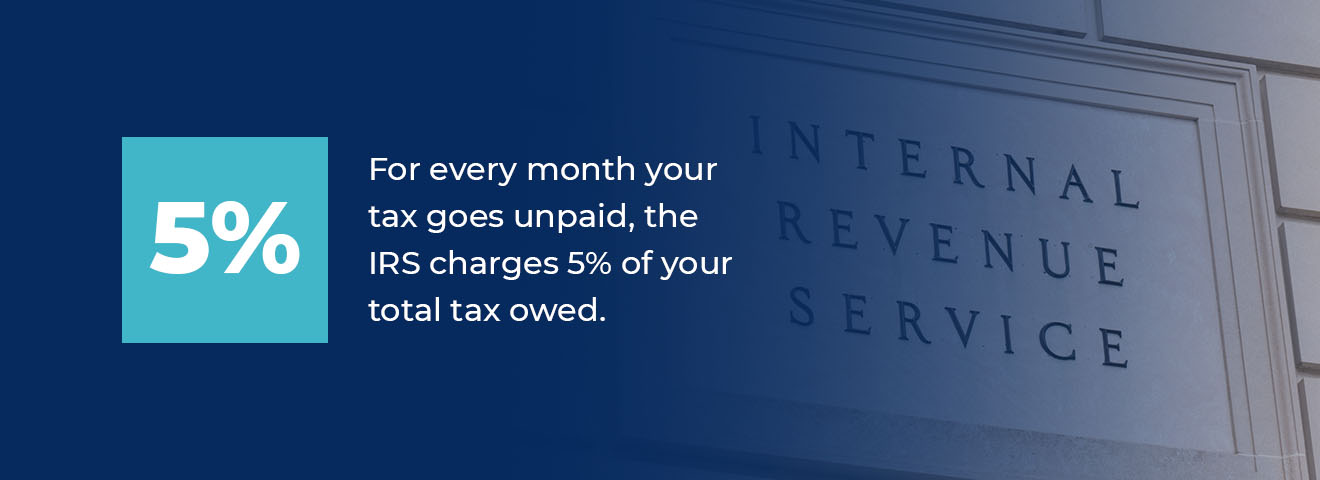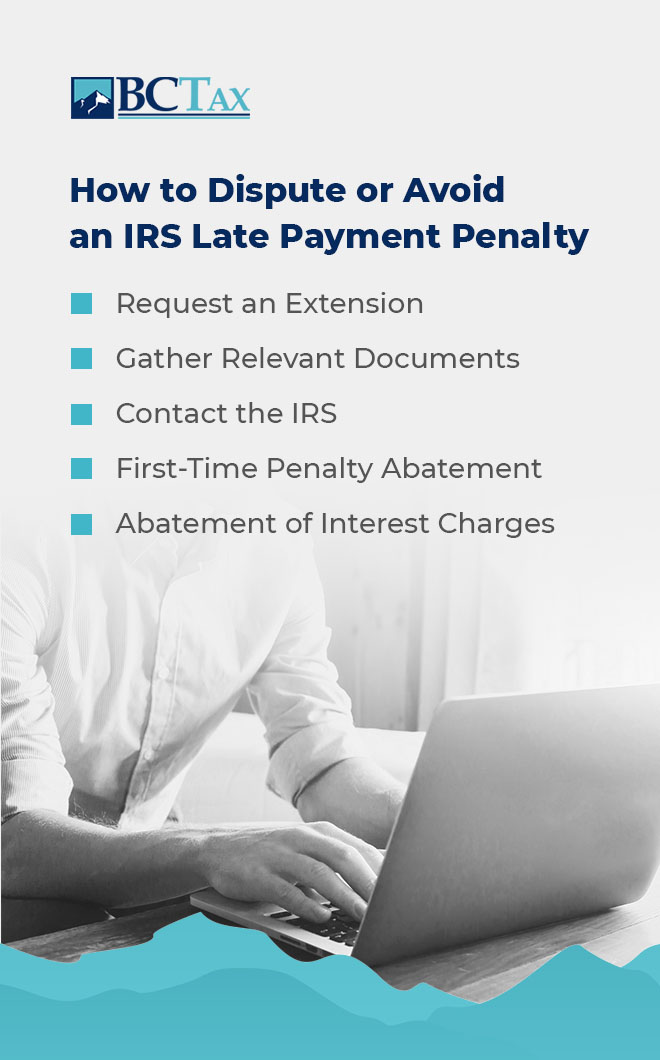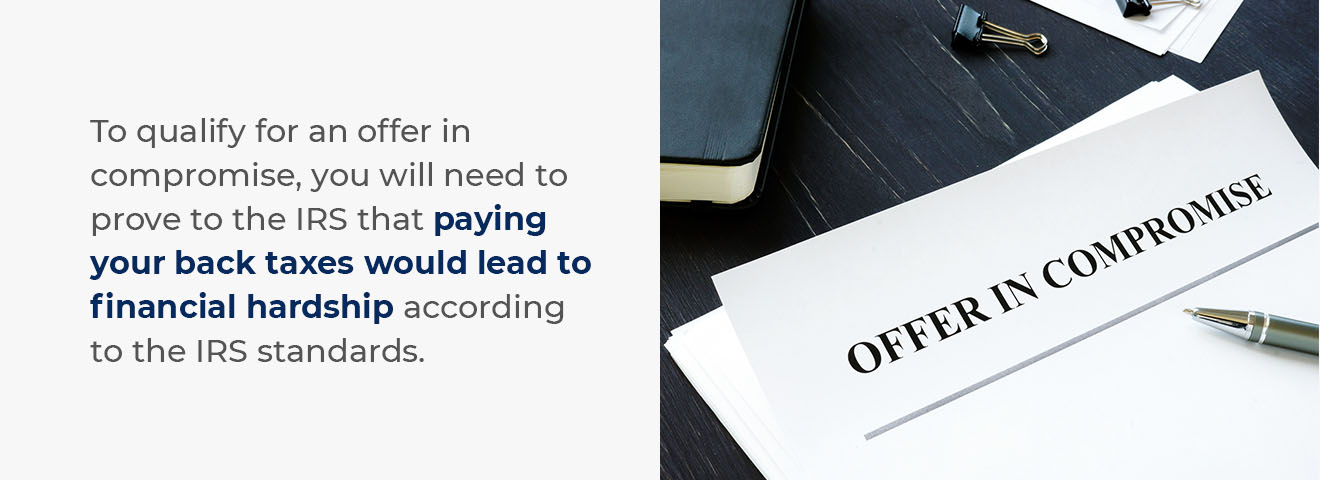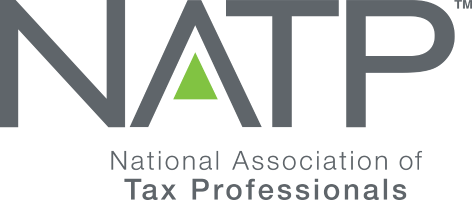If you missed a tax deadline, you may be wondering what the consequences are for filing your taxes late. Life happens, and sometimes, you may not be able to pay your taxes on time or gather all the necessary information before the filing deadline. Regardless of your reason for filing your taxes past the deadline, the Internal Revenue Service (IRS) may impose a penalty for filing late.
Fortunately, you can still get back in good standing with the IRS if you owe taxes. A tax professional from BC Tax can help you determine which tax returns must be filed and gather the information you need before filing your returns.
Types of IRS Penalties
The IRS sends out letters and notices about several different types of penalties, such as:
- Failure to Pay penalty: When a taxpayer does not pay the tax they owe by the due date, they may be charged a Failure to Pay penalty.
- Failure to File penalty: If a taxpayer does not file their tax return by the due date, they may be charged a Failure to File penalty.
- Failure to Deposit penalty: When an employer doesn’t pay employment taxes on time or accurately, they may face a Failure to Deposit penalty.
- Accuracy-Related penalty: When a taxpayer doesn’t claim all of their income or claims credits or deductions they don’t qualify for, they may face an Accuracy-Related penalty.
- Underpayment of Estimated Tax by Individuals penalty: If a taxpayer doesn’t pay estimated taxes on time or accurately, they may face an Underpayment of Estimated Tax by Individuals penalty.
- Erroneous Claim for Refund or Credit penalty: When a taxpayer submits a claim for a credit or refund for an excessive amount and there is no applicable reasonable cause, they may need to pay an Erroneous Claim for Refund or Credit penalty.
If you have been charged a penalty by the IRS, turn to BC Tax for assistance.
What Happens if You File Your Taxes Late?
Filing your taxes can require a sufficient amount of time to gather all your necessary documents and double-check each line of information. If you don’t file your taxes or ask for an extension by the deadline, you may face some repercussions. Along with a late penalty, you may also deal with the following consequences if you file your taxes late:
- Levied Social Security benefits: Due to the Federal Payment Levy Program, the IRS can levy your Social Security benefits. If your benefits are seized, this can cause you financial hardship.
- Substitute for return: The IRS can file your taxes for you via a substitute for return if you don’t file your taxes. The IRS will first make multiple attempts to remind you about your tax obligation before taking this step. If the IRS files a substitute for return, your tax deductions and credits will not be included, so you may receive a higher tax bill.
- Wage garnishment: If you owe back taxes, the IRS may garnish your wages. This means they will take a certain portion of your paycheck until the total amount of tax you owe is paid.
- Refund delays: If you don’t file your taxes on time, your refund will also be delayed. Even if you are owed a refund, the government can hang onto it until you file your taxes. If you don’t pay your taxes after three years, you may lose the refund altogether.
- Tax lien: If you have an unpaid tax debt, a tax lien may be placed on your assets, such as your bank account, home or car. The IRS may sell your assets to pay off your tax debt.
- Imprisonment: Though unlikely, imprisonment for tax evasion charges is a possibility. If the IRS determines that you have willfully failed to file your taxes or you file fraudulent returns, you may face this outcome. Imprisonment typically only happens if a taxpayer is doing something against the law. Additionally, the IRS must pursue charges within six years of your tax return’s due date. If you voluntarily file your missing tax return, you’re unlikely to be charged.
What Is the Penalty for Filing Taxes Late?

The late penalty you’re charged may increase the longer it takes you to file your taxes. For every month your tax goes unpaid, the IRS charges 5% of your total tax owed. This penalty will continue to increase until your back taxes are fully paid. Keep in mind, though, that there is a maximum penalty of 25%.
First, you will receive a letter or notice from the IRS letting you know that you owe the Failure to File penalty. Next, the IRS will calculate your penalty based on how long it takes you to file your tax return and how much unpaid tax you owed at the original due date.
Your unpaid tax refers to the amount of tax that must be shown on your tax return after subtracting the amounts paid via estimated tax payments, withholding and refundable credits. For example, if your tax return is more than 60 days late, the minimum Failure to File penalty you will face is $435 or the tax that must be shown on your return, whichever amount is less.
Along with the tax penalty, you may be charged interest. When the IRS begins charging interest varies depending on the type of penalty you’re facing. The amount you owe increases when you’re being charged interest. This amount may continue increasing until you pay your tax balance. If you receive a notice, you won’t be charged interest as long as you pay the amount you owe in full before or on the “pay by” date. Paying your balance in full will stop interest from accumulating daily.
Statute of Limitations on Tax Collection
If you have old, unfiled tax returns, the IRS and the state tax agency haven’t forgotten about the taxes you owe. For each year you don’t file and pay your taxes, the IRS can charge penalties and interest and perform tax collection efforts. The IRS has 10 years to collect the back taxes you owe after you file your return. State agencies, on the other hand, have their own rules and typically have more time to collect taxes than the IRS.
How to Dispute or Avoid an IRS Late Payment Penalty

Fortunately, you may be able to dispute or avoid an IRS late payment penalty.
Request an Extension
If you believe you won’t be able to file your taxes on time, you can request an extension from the IRS. To do so, file IRS Form 4868. The IRS may grant you up to 120 days to pay your back taxes. This may be the best option if you believe you can save up enough money in a few months to pay your tax bill in full. Though the IRS may still charge interest on your back taxes, you won’t be charged a fee when you request an extension.
Gather Relevant Documents
To dispute or avoid an IRS late payment penalty, you should gather the documents you need. Collect your W-2s or 1099s for each year that you didn’t file a tax return. If you are unable to find your documents, contact your employer or ask for a copy of your income information. If you plan to claim certain deductions or tax credits, ensure you have your relevant receipts on hand.
By filing Form 4506-T, you can request your tax documents from the IRS. The IRS will then send you transcripts containing the important information from previous years’ W-2s, 1099s and 1098s. Other documents you may need to collect include:
- Last tax return you filed
- Notices or letters from the IRS
- Business income and expenses if you are self-employed
- Tax documents regarding interest income and mortgage interest statements
Contact the IRS
If you disagree with the tax amount the IRS claims you owe, you can dispute the penalty. Call the IRS at the number listed on your notice or letter. You can also write to the IRS stating why the agency should reconsider your penalty. Sign and send your letter with supporting documents to the address found on your notice from the IRS. When you call or send a letter, be sure to have the following information:
- The letter or notice the IRS sent you
- The penalty you want the IRS to reconsider
- An explanation about why the IRS should remove the penalty
For assistance in communicating with the IRS, reach out to BC Tax for IRS tax appeal services.
First-Time Penalty Abatement
The first-time penalty abatement can help you avoid paying the penalty charged by the IRS. In some cases, the IRS may be willing to waive your penalty, such as if you have not owed a penalty in the previous three years or you make a payment arrangement.
Alternatively, if you do not qualify for this program, you may be able to receive penalty relief in another way known as Reasonable Cause. You may qualify for Reasonable Cause if you failed to file a tax return for a valid reason. Common situations that are eligible for Reasonable Cause include:
- Fire
- Death
- Serious illness
- Natural disaster
- Inability to obtain required documentation
The IRS may accept other reasons if you can prove you acted responsibly and were not able to pay for or file your taxes for reasons outside of your control. To prove you had a reasonable reason for not filing or paying, you will need to provide the IRS with the following information:
- What happened
- How the events impacted your ability to meet your other daily responsibilities
- How you handled your responsibilities and affairs after you realized you wouldn’t be able to meet your obligations
You may also need to provide the IRS with relevant documentation, such as a letter from your physician confirming incapacitation or court records.
Abatement of Interest Charges
Though the IRS won’t abate interest charges on your back taxes, it may eliminate or reduce the interest associated with your penalty. Keep in mind, however, that you will continue accruing interest on your unpaid taxes until you pay your bill in full. Additionally, the IRS cannot reduce or remove interest unless the penalty is reduced or removed.
What Happens if You Can’t Afford IRS Penalties and Back Taxes?
If you can’t afford to pay your IRS penalties and back taxes with your savings or a credit card, you may have a few other options, including an offer in compromise, installment agreement or non-collectible status.
1. Apply for an Offer in Compromise

One option that may be available to you is applying for an offer in compromise. When you are approved for an offer in compromise, you settle your tax bill with the IRS for less than the amount you owe. As a result, many taxpayers consider an offer in compromise the most appealing option.
However, this option is available only for taxpayers who are facing hardship. To qualify for an offer in compromise, you will need to prove to the IRS that paying your back taxes would lead to financial hardship according to the IRS standards. An offer in compromise can also be challenging to qualify for, which is why you should turn to BC Tax for assistance.
2. Apply for an Installment Agreement
An installment agreement is a payment plan you make directly with the IRS to pay the taxes you owe over a certain period of time. When you have an installment agreement, you typically make monthly payments. How much you owe in back taxes and how soon you can pay your balance will determine the type of installment agreement you get.
You can make your monthly payments via automatic withdrawal or credit or debit card. Keep in mind that if you choose to pay with a card, you’ll also be charged a processing fee. If your back taxes exceed $25,000, you’ll be required to pay via automatic withdrawals.
3. Apply for Non-Collectible Status
Another option if you have unpaid back taxes may be non-collectible status. You may qualify for non-collectible status if the IRS believes you are unable to pay your taxes on top of your reasonable living expenses. While your back taxes are considered non-collectible, the IRS will cease collection efforts like seizing your assets or garnishing your wages, though your tax amount will continue accruing interest and penalties.
Contact BC Tax to Learn More About the Late Tax Return Penalty
At BC Tax, we are a tax consultation agency that helps customers with tax preparation, tax resolution and back taxes. We serve clients who want peace of mind in their taxes, along with those who owe back taxes and want help to reduce their tax debt with professional negotiation. Though we’re based in Colorado, we serve clients all over the country.
When you hire us, we immediately contact the IRS or state to get time free from enforced collection. This slows the collection process, so we can pull transcripts and firm up our strategy. We can get you protected, file for an abatement of the penalty portion of your liability and then set up a formalized, affordable installment agreement. If you are facing a penalty for late tax filing, we can help. Contact us at BC Tax today to learn more about the IRS late filing penalty and our services.

 1-800-548-4639
1-800-548-4639









